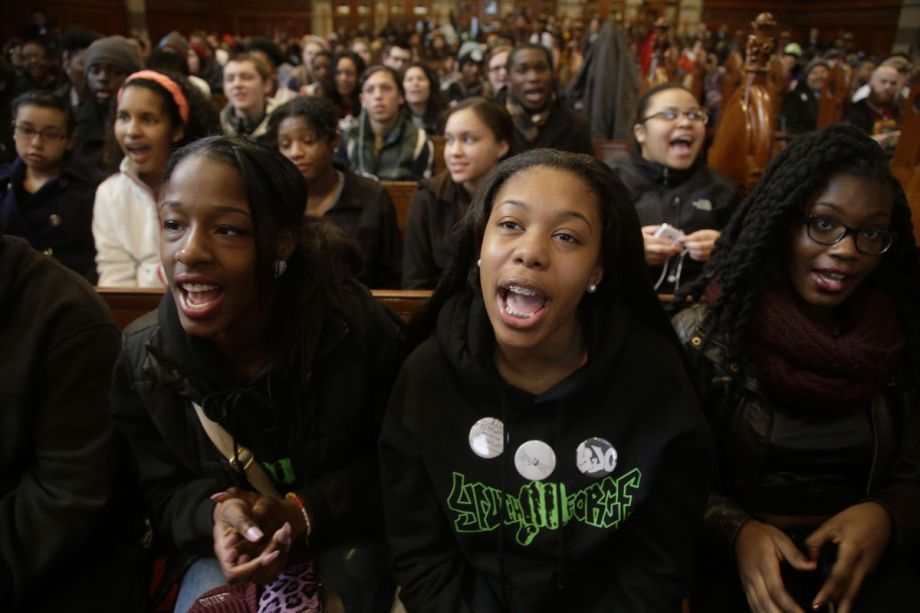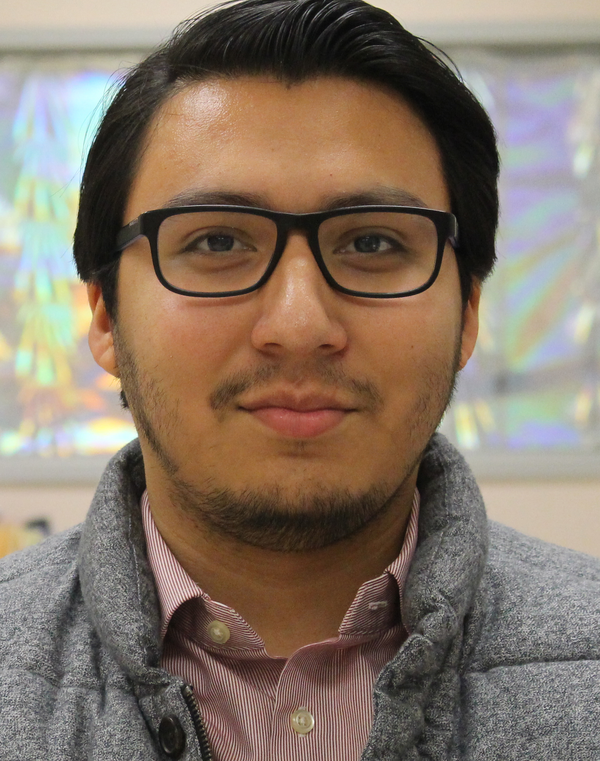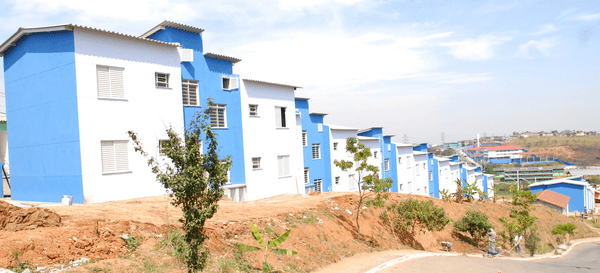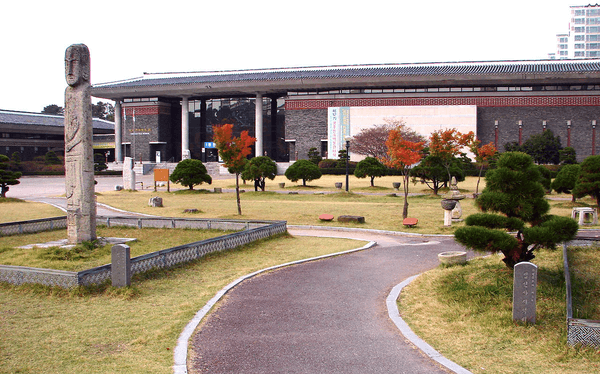City
Boston
Main actors
City Government, Private Sector, NGO / Philanthropy, other
Project area
Whole City/Administrative Region
Duration
Ongoing since 2014
Through this participatory budgeting program, youth had the opportunity to collect ideas for capital projects, distill those ideas into concrete proposals, hold a city-wide vote to determine which projects get funded, and directly determine how $1 million is spent to improve Boston for everyone.
Boston’s mayor sought a way to empower youth (age 12 to 25) to become active participants in civic affairs of their city government. His solution: a process of participatory budgeting. This process empowered youth to get engaged and indicated that they can affect real change in their communities. This initiative promotes civic engagement, changes social behaviors, increases trust and communication between youth and local government and promotes education about budgetary and democratic processes.
The goal was to teach youth about city building and budgeting process, to gain leadership and professional skills.
Boston became the first American city in which youths have been empowered to decide on a portion of their city’s capital budget. Over 450 ideas were generated, over 1,500 young people cast a vote, 14 projects made it to the ballot and seven were selected by the youth as winners for implementation.
Guangzhou Award
This project was awarded the 'Guangzhou Award' in 2016.
On Map
The Map will be displayed after accepting cookie policy






